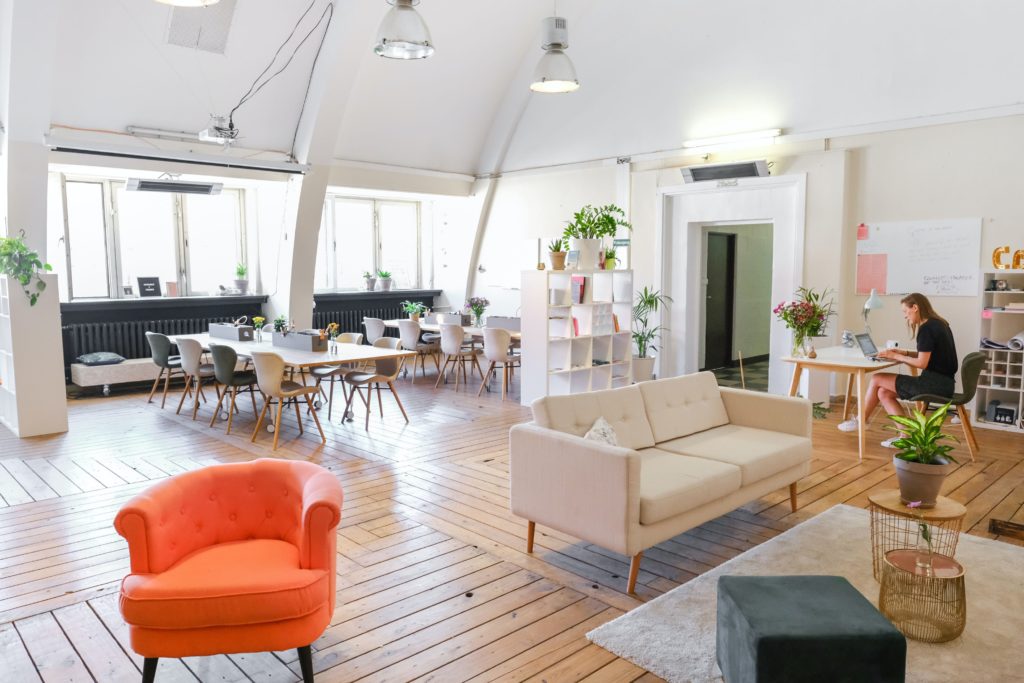The State of Coworking in Times of the Corona Pandemic and Beyond – A Survey
In our April 2020 newsletter we asked you to participate in a little survey about the state of coworking. What we were most interested in was what you are currently doing and how you see this pandemic change the immediate future of coworking.

The responses were evenly distributed between North America, Europe and Asia. About 75% of them were associated with smaller spaces which host fewer than 100 members, almost all of them located in urban areas.
As expected only 7% of spaces were fully open, however 1/3 of the responses stated that they were partially open. From our own customers we know that these are primarily spaces hosting government employees or essential businesses like research or medical services. Since lock-down requirements in several countries have been lifted or loosened, we expect the percentage of open spaces to have increased significantly by now.
A surprising 73% stated that they did not have to resort to major staff reductions. Stimulus measures probably contributed to this, as 67% considered them to be somewhat helping. 40% predicted the current situation to be over in 1-2 months while another 40% thinks it will take 3-5 months before their coworking operation will be back to normal.
Normal, however, does not mean that nothing will change:
- 47% expect that the need for private offices will increase
- Demand for shared space offerings will decrease (60% of responses)
- 60% expect a reduction in demand for events and event space (including training rooms)
- Interestingly, the number of meeting rooms which are also shared spaces are expected to either grow or remain about the same (63% of responses).
Maybe there is a little good coming out of this and highlights the generally positive and pragmatic Coworking market. 74% of respondents are planning for the future by developing new ways to improve their business. 60% are using their forced extra time to taking care of themselves, friends and family and 40% stated that they are learning new skills.

